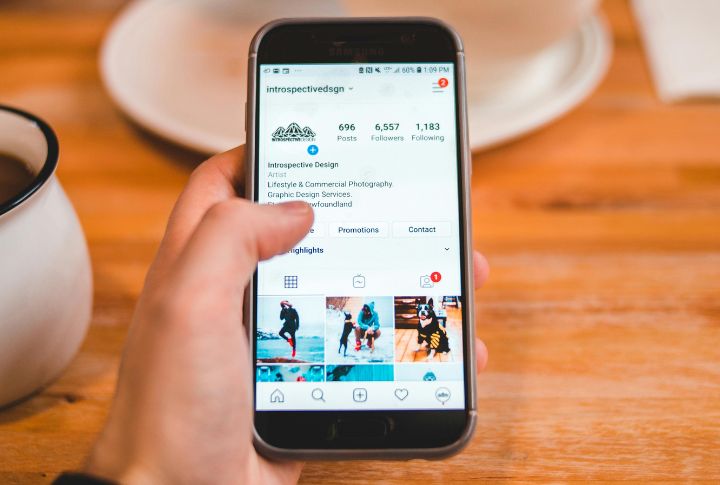
Your neighbor makes half your salary but somehow affords vacations while you’re stressed about bills. The difference isn’t luck or secret inheritance money – it’s about avoiding certain financial traps that disguise themselves as reasonable lifestyle choices. Most people don’t even realize such habits are quietly stealing their financial future every single month. Here are the 10 sneaky behaviors that can keep people broke, regardless of their paycheck.
High-Interest Debt Cycle

Some people can’t give up their minimum payment addiction, convinced that those tiny amounts are “responsible budgeting.” Meanwhile, their $5,000 debt quietly grows into a 23-year monster that costs twice the original purchase price. This habit keeps them perpetually broke despite good intentions.
Lifestyle Inflation

High earners stay broke because they celebrate every promotion by inflating their lifestyle expenses. New income is often spent on upgraded housing, fancier meals, and premium everything, rather than being saved. When spending rises with every raise, wealth building becomes impossible, no matter how much money you make.
Status-Symbol Car Payment

People choose expensive cars over financial security since they can’t give up the status rush. Those massive monthly payments can quickly eat up budgets, while debt-rolling creates never-ending obligations. The result? Staying broke despite driving something that looks successful.
Convenience Tax

Your phone has turned into an expensive remote control for your life, and it’s costing you serious money. Every time you order delivery instead of cooking or call a ride instead of driving, you’re choosing convenience over wealth building. These apps are financial quicksand disguised as helpful tools.
Brand-Name Premium

Within seconds of entering any store, your brain automatically reaches for familiar brand names without comparing prices or quality. This split-second decision costs you a significant amount of money over time, as generic alternatives offer identical performance for a fraction of the cost. Your shopping speed is destroying your savings potential.
Subscription Creep

One streaming service turns into five, one app subscription becomes ten, and suddenly you’re hemorrhaging money on services you rarely use. Each individual charge feels tiny, but together they create massive monthly drains that destroy your budget. Most people have no idea they’re spending grocery money on forgotten digital services.
Inefficient Housing

Excessive housing costs burden countless city residents who spend way beyond recommended income limits. This financial strain makes saving or investing nearly impossible for millions of Americans. Downsizing could free up hundreds of dollars monthly, but people won’t abandon their expensive locations.
Compulsive Retail Therapy

Retail therapy is like stealing happiness from your future self. You’re basically saying, “I’ll deal with this debt later,” while your stressed-out brain demands instant gratification right now. The problem? Future you still has to pay for past you’s emotional shopping sprees, plus interest.
Fear Of Missing Out (FOMO)

That nagging feeling of being left out, known as FOMO, has become supercharged in our social media age, where every scroll shows friends living their best lives. This emotional trigger pushes people, especially young adults, to chase social experiences they can’t afford, ultimately leading to mounting debt and serious financial strain.
“I Deserve It” Mentality

Ever wonder why you feel guilty NOT buying something after a hard day? That’s your brain falling for the “you deserve it” trap that marketers spend billions perfecting. They’ve weaponized your natural reward-seeking behavior, turning everyday purchases into emotional necessities that systematically demolish your savings account.
